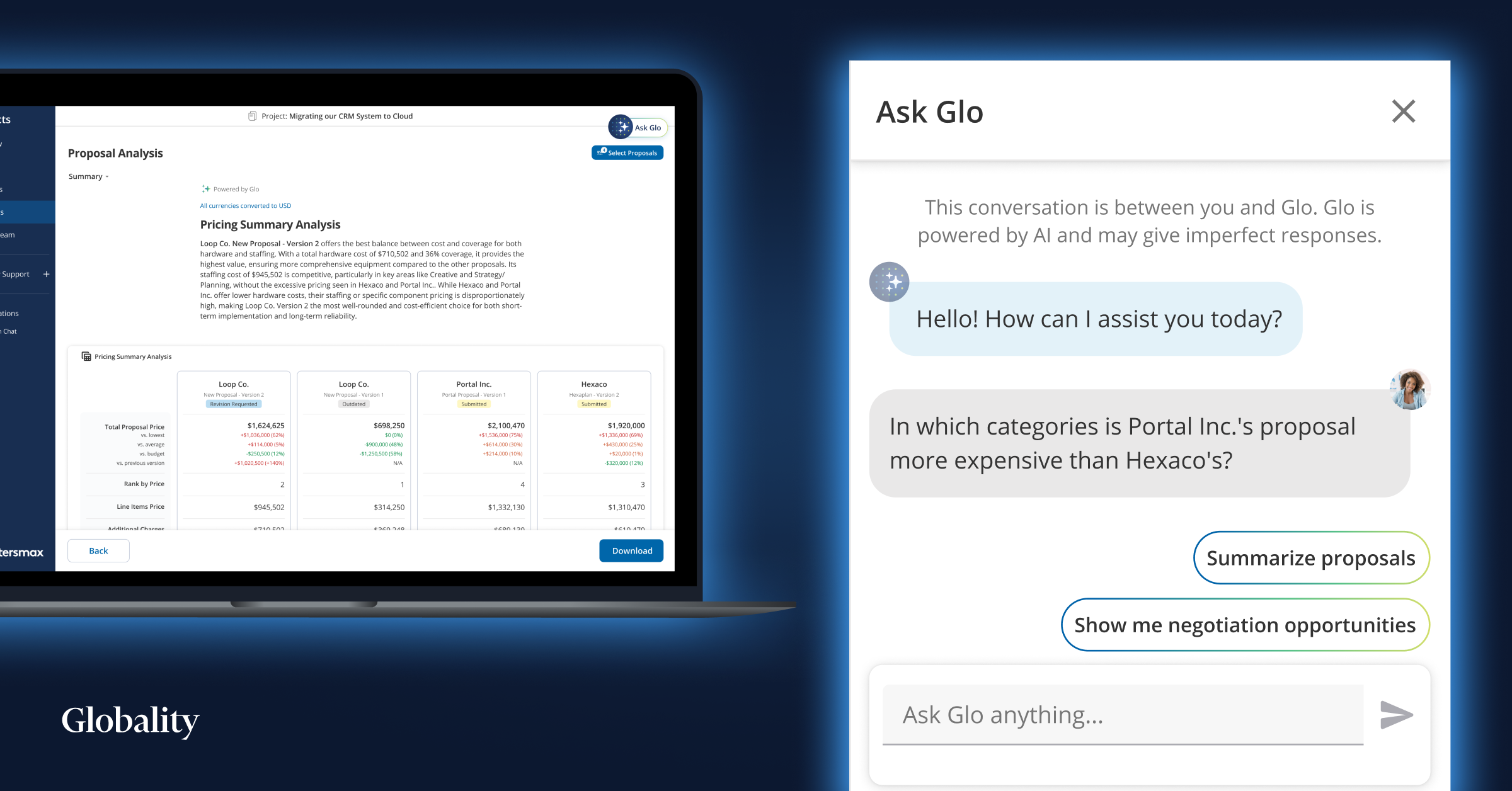How AI is Transforming Corporate Legal Departments for the Better

Although technological change in the legal industry is notoriously slower than it is in other sectors, technology has become an integral part of a legal department’s ability to achieve a variety of business goals. Savvy lawyers recognize that artificial intelligence (AI), in particular, has already begun to revolutionize the way that they must do business — but they might not have the familiarity with AI to lead the charge within their own departments.
Along with the recognition that AI will likely be a game-changer in terms of how in-house lawyers practice law, there is a common market concern that AI-powered tools will take human jobs. That makes many lawyers hesitant to adopt new AI-based technology, but this apprehension misses the tremendous opportunity that such technology presents.
Most currently available AI-based legal technology products aim to improve efficiency, decrease costs, and increase lawyer productivity in two ways. The first is to automate manual, repetitive, low-value tasks that can be done more accurately and cheaply by a machine. The second is to use big data to provide lawyers with better insights to inform complex decision-making and judgment calls. What that means is that lawyers can focus on more high-value work that they are uniquely suited to do and thereby provide better results for their organizations.
Many legal practitioners already recognize that AI can be leveraged to improve efficiencies and give them more time to focus on solving high-level problems. A recent Thomson Reuters report on attitudes toward AI in corporate legal departments found that in-house counsels could see multiple use cases for AI in their departments including streamlining simple but laborious workflows and eliminating menial tasks.
A survey by e-discovery services group Consilio found that 62% of legal and technology professionals said that AI was already affecting their day-to-day work, and that 95% believed it would impact their work within the next five years. Respondents to both surveys cited reducing costs and saving time as the two top benefits that AI-enabled tools could provide to corporate legal departments, giving lawyers more time to spend on strategy and planning.
So, how exactly is AI poised to revolutionize the modern corporate legal department? There are several categories of legal work that are already being transformed by AI and many more that are poised to be.
Automation of Repetitive Tasks
Low-value, repetitive tasks are low-hanging fruit for AI to tackle. It’s easy for a machine to learn the rules that govern simple decision-making and to learn new rules as human input guides it. Applicable tasks include legal research, due diligence, e-discovery, and contract review.
For example, contract review is an easily automated process, particularly for documents that businesses deal with often like non-disclosure agreements. A program using AI can determine, with human guidance, which clauses a company prefers in an NDA, which terms it will never agree to, and which are acceptable though not preferable. The AI can then scan a large volume of contracts, tell lawyers which of them are not in compliance with the company’s preferred terms, and even suggest revisions for more favorable terms. It’s an easy win for legal departments that deal with contracts at scale to bring costs down and increase accuracy in contract negotiations. The use cases for replacing simple decision-making with AI are endless.
Better Decision-Making
AI’s power isn’t just limited to repetitive tasks; it can analyze huge amounts of data and provide detailed insights to support better informed decisions. For instance, AI can be used to forecast the outcome of litigation based on inputs from previous cases with similar facts, parties, judges, and jurisdictions. Knowing with a high degree of certainty the chances of winning or losing a case is a powerful instrument in a general counsel’s (GC’s) decision-making toolbox.
In-house counsel can also use AI to help analyze IP portfolios and draw insights from the content, aiding in trademark and patent searching, drafting patents and prosecution, and structuring better patent applications. And GCs can benefit from the power of AI when sourcing and managing outside counsel, using the power of big data to find the best-fit lawyer for every project, manage feedback for existing firms, and quickly obtain detailed analytics about prior legal matters.
As new tools that use the power of AI to automate repetitive tasks and enhance decision-making are adopted by legal departments, it’s clear that the AI revolution is here. Shrewd GCs are cautiously optimistic, understanding the power of these new technologies to make their departments run more efficiently, make their lawyers better at their jobs, and bring better value and results to their organizations.
***********************
Mili Desai is Director of Legal Services at Globality.



